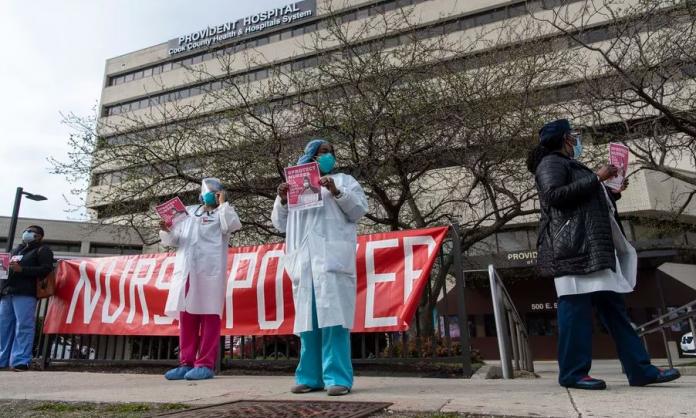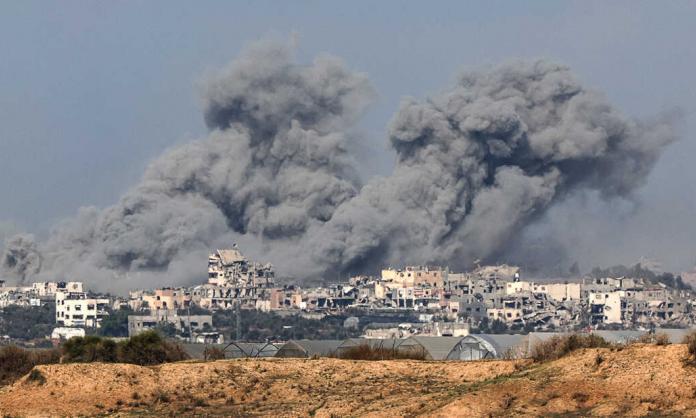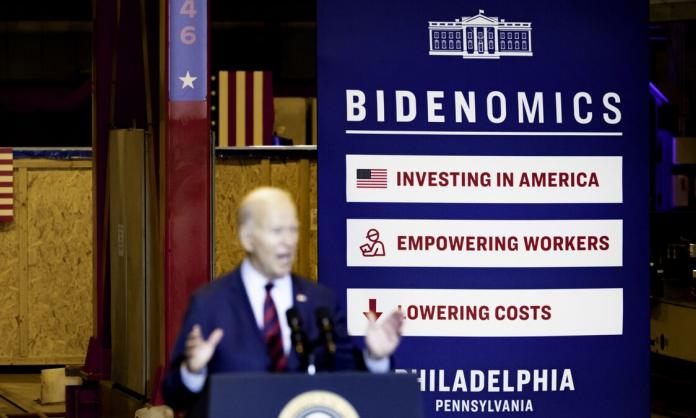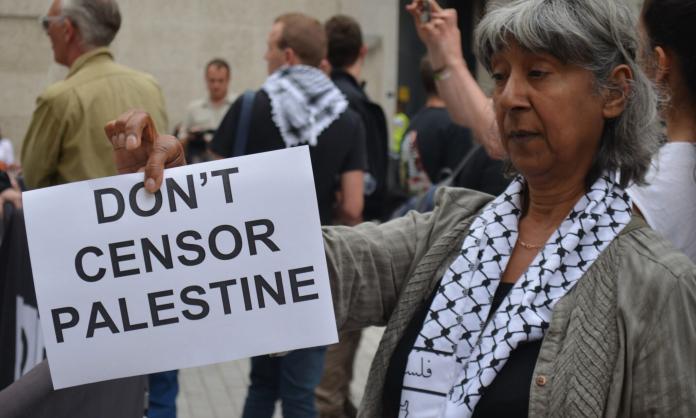As I prepared for my night shift at Provident Hospital’s emergency room, my partner asked me, “What’s this about them closing the ER down?” She had been reading an article in Crain’s Chicago Business about the firing of chief medical officer Terry Mason. Buried deep in the article was a statement by Cook County board president Toni Preckwinkle, according to whom “the county is closing and deep cleaning the emergency department at Provident Hospital on the South Side”. I called my manager to see whether this was true. She confirmed the story but said I should come to work anyway, as the ER wouldn’t close until 7am on Monday morning. This was on Friday afternoon.
Provident Hospital is in Chicago’s Washington Park neighbourhood. When it was established in 1831, it was the first African American owned and operated hospital in the country. Its founder, Dr Daniel Hale Williams, was famously the first person ever to perform an open-heart surgery. In the 1990s, Provident was incorporated into the Cook County Health System, which includes over a dozen hospitals and clinics across the city.
A few blocks east of Provident is Cottage Grove Avenue. That is the street that separates Washington Park from Hyde Park, the affluent home of the University of Chicago. In Hyde Park, the average life expectancy is a robust 83 years. Next door in Washington Park, where most residents are African American and many are poor, it is 69. Fourteen years of life are lost crossing Cottage Grove. If one continues westward through Washington Park to the next neighbourhood, Englewood, the average life expectancy falls to 60. Meanwhile, a mere eight miles to north, in the wealthy white neighbourhood of Streeterville, life expectancy is 90.
This is what Dr David Ansell calls the “death gap”, the gap between the life expectancy of the rich and that of the poor, between that of whites and that of people of colour. Chicago is the city with the nation’s largest death gap. COVID-19 will only make this gap widen. Poor people and people of colour suffer disproportionately from asthma, kidney disease, high blood pressure and diabetes, the underlying conditions associated with the worst outcomes from COVID-19.
When I got to work on Saturday evening, I asked whether anything had been done to notify the community that our emergency room would be closed on Monday morning. As far as my co-workers knew, no such action had been taken. Perhaps it was expected that local residents would receive news alerts from Crain’s Chicago Business.
What members of the community have surely heard plenty about is the disproportionately high rate of death among African Americans suffering from COVID-19. Natalie Moore of WBEZ reported that “while Black residents make up about 29 percent of Chicago’s population, a whopping 72 percent of the people who’ve died from COVID-19 in Chicago so far are Black. That’s according to cases analysed from Cook County medical examiner records”.
At the very moment when the crisis is hitting Black Chicagoans, local health services are being reduced. This would be unthinkable in other neighbourhoods. Imagine the response from people living near Illinois Masonic Hospital, in wealthy Lincoln Park, if it were announced on a Friday that their ER was closing the following Monday. Imagine the response from residents of Streeterville if Northwestern Memorial Hospital’s ER was suddenly shuttered. They might not set their Audi’s on fire, but you can bet that local politicians and other decision-makers would be called to account.
Nurses and our union, National Nurses United (NNU), immediately went into action around this. Against its will, management was forced into impact bargaining with our union on Sunday night. Frontline nurses, NNU organisers and representatives from the county’s human resources department met via Zoom to discuss the situation.
Management asserted that the decision to close the ER was driven by a concern for our safety; they said that the emergency room needed to be configured to properly care for COVID-19 patients. We made it clear that we were not against remodelling as such. What we objected to was the fact that the execution of this plan did not involve any collaboration with us, the hospital workers or with the affected community.
We called on management to postpone this closing, to notify the community and to work with the staff on a sensible plan. They refused. When we asked what they planned to do if someone was driven to Provident in a car with a heart attack, extreme asthma, a drug overdose or traumatic wounds – all things I’ve been part of treating there – they said they would call 911.
When we asked whether this wasn’t a gross violation of the Emergency Medical Treatment and Labor Act – the federal law requiring hospitals to stabilise patients before transferring them elsewhere, a law that was enacted partially because of protesting nurses and striking doctors at Cook County in the 1970s – they said they’d get back to us. And when we asked whether they would consider remodelling half of the Emergency Department at one time, or whether they would build an outdoor structure to continue emergency treatment during the remodelling, they simply said no.
At the conclusion of the call, we turned our attention immediately to organising a protest, and reached out to our allies to make it happen. In less than 20 hours, we held a safe distance protest of 30 people outside the hospital, which included many people from the Chicago Teachers Union, who issued a statement of support. Community member Rigo Gomez spoke eloquently about how his parents have used that hospital for their health care for 15 years, and are unable to use other health systems due to their undocumented status.
The Second District Police Station is located just west of the hospital, and an officer stopped to ask what was happening. When we explained that the hospital no longer had a functioning ER, the officer expressed surprise, as they often brought sick people there. The police had not been told that Provident’s ER was closing. One need not have any illusions about the police to find it stunning that this basic information was not even shared with them, the so-called first responders.
Our press conference was picked up by five local Chicago television channels, the Chicago Sun-Times newspaper and WBBM radio. But as of the writing of this article, the county has not reversed its decision to close the ER. Nurses who work there have been asked to volunteer to work in other county-run facilities, such as Stroger and Cermak, where inmates at the Cook County Jail get health care. If there aren’t enough volunteers, nurses will be involuntarily reassigned to these other locations.
As of 6 April, 230 prisoners at Cook County Jail have tested positive for COVID-19, and one person, Jeffery Pendleton, 59, has died of it. Ninety-two staff members at the institution have also tested positive. Cook County is the largest jail in the United States. It can house about 6,500 prisoners, and it employs 3,900 officers and 7,000 civilian employees. That the pandemic would spread quickly inside was obvious, and it is criminal that no preventative measures were taken. According to a study by the New York Times, it now has the highest concentration of connected cases in the entire country.
Many of those incarcerated at Cook County Jail are there not because they have been convicted of any crime, but because they are too poor to afford bail while waiting for a trial to proceed. NNU has joined the Service Employees International Union in calling for the population of the jail to be drastically reduced. Hundreds of cars participated in a “solidarity caravan” around the jail on 7 April to call for a mass release of people, so the health crisis inside can be managed more easily. If Cook County officials are concerned about public safety, what they should close is not Provident Hospital’s emergency room, but Cook County Jail, which they also administer.
Members of Chicago’s Democratic Party have enjoyed the support of many of our community organisations, including our unions. Every election cycle, they ask for our money and votes. If there has ever been a time for them to take decisive action, to save the lives of their constituents, to meet the needs of those who have elected them, that time is now.
It is clear that the employers, landlords and hospital managers have little interest in providing for our safety, and that most politicians lack either the backbone or the political will to take the necessary action. No one is coming to save us. No cavalry is waiting in the wings. We will have to save ourselves. As the socialist leader Eugene Debs once wrote, “If you are looking for a Moses to lead you out of this capitalist wilderness, you will stay right where you are. I would not lead you into the promised land if I could, because if I led you in, someone else would lead you out. You must use your heads as well as your hands and get yourself out of your present condition”.
----------
Dennis Kosuth has been a nurse for 13 years and a socialist and workplace activist for more than two decades. He’s a proud member of both National Nurses United and the Chicago Teachers Union. This article was first published at Rampant magazine.










